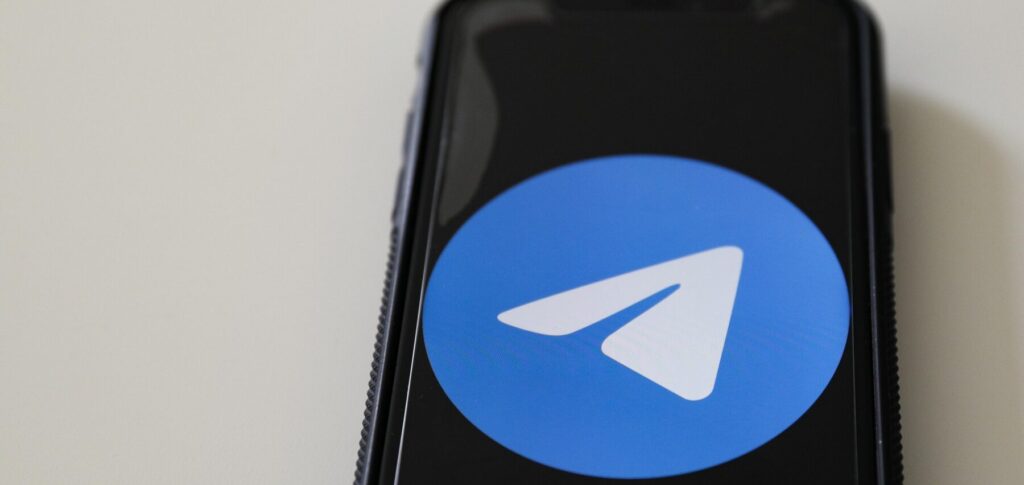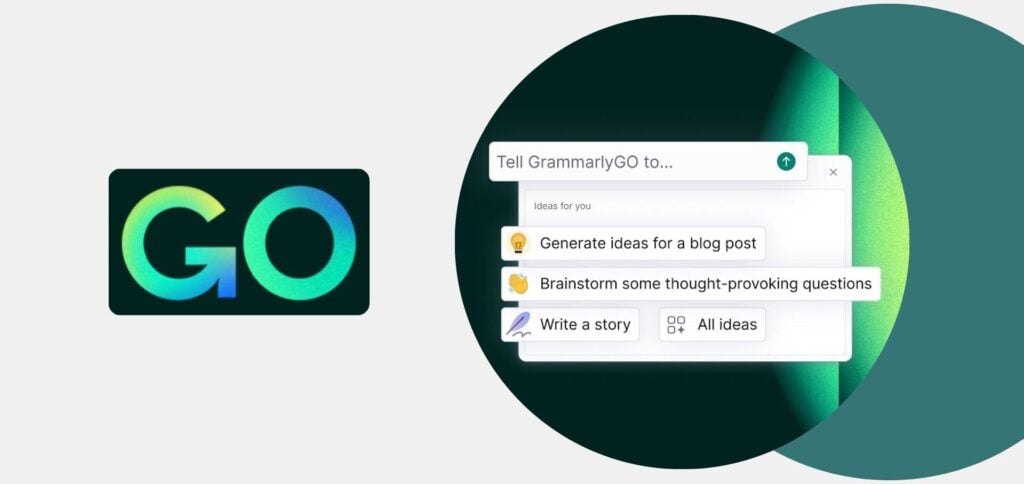How did the new project come about?
Bill 2630/2020, known as the “Fake News PL”, was presented three years ago in the Senate, in an effort to deal with the avalanche of online misinformation.
ADVERTISING
But it was discussed again recently, after supporters of former president Jair Bolsonaro invaded the headquarters of the Three Powers in Brasília on January 8, allegedly encouraged by misinformation on social media that claimed that Bolsonaro had fraudulently lost the election to the leftist Lula da Silva.
The recent attacks on Brazilian schools, which left several children and teachers dead, also fueled the discussion about how to combat extremist content that proliferates on social media.
The project, which has undergone several modifications and is now focused on combating illegal content, has the support of the government, part of the Judiciary and the coalition of civil society organizations Rights on the Network. On the other hand, it generates resistance among technology companies, evangelical deputies and Bolsonarists.
ADVERTISING
The Chamber of Deputies postponed the vote scheduled for the beginning of May, without a new date. If approved, the text will be analyzed again by the Senate.
What does the text propose?
Currently, companies moderate content based on their internal policies (terms of use) and also act on court orders.
The Marco Civil da Internet, a Brazilian law that has regulated the web since 2014, establishes that companies are not civilly liable for content published by third parties, except when they fail to comply with a court removal order or when nude images are published without the victim's consent.
ADVERTISING
The bill proposes changes.
The text obliges platforms to increase their transparency and adopt mechanisms to combat illegal content, specifically on seven topics: attacks on the democratic rule of law and elections; against children and adolescents; public health and those that constitute violence against women, racism, terrorism and incitement to suicide and self-mutilation.
This would apply to social media, search or instant messaging platforms that have more than 10 million monthly users in Brazil, such as Telegram and Google.
“They are not required to moderate everything. Restrict, delete or label this content. They are required to demonstrate that they are making sufficient efforts to remove this content from circulation”, explains Pablo Ortellado, professor of Public Policy Management at the University of São Paulo (USP).
ADVERTISING
For example, with biannual reports detailing “the number of content they identified and removed, the size of the teams they assembled, the software they designed to remove this content” and with the hiring of an “independent” audit, adds Ortellado.
The project also establishes that platforms can be legally liable for illegal content published by their users if they are promoted as paid advertising.
Sanctions range from a warning, a fine of up to 10% of your revenue or temporary suspension of services.
ADVERTISING
What do the big platforms claim?
Telegram this week sent a message to all its users warning that “democracy is under attack” in Brazil, criticizing that the project “allows the government to limit what can be said online by forcing apps to proactively remove facts or opinions which he considers 'unacceptable'”.
Google, in turn, stated that the proposal “brings serious threats to freedom of expression”, by holding platforms responsible for third-party content, which would lead to “excessive moderation”.
“Without the protection parameters of the Marco Civil da Internet and with the new threats of fines, companies would be encouraged to remove legitimate speech, resulting in excessive blocking and a new form of censorship,” wrote Marcelo Lacerda, director of Government Relations and Public Policies of Google Brazil, on April 27th.
Who will be in charge of control?
An important defect in the current bill, according to experts, is that it does not specify the body that will monitor compliance with the law.
“Because of the controversies, the accusations that a 'Ministry of Truth' would be created, they removed the (creation of a) regulatory agency from the latest version”, points out Ortellado.
This is “dangerous”, because it could fall into the hands of some political rather than technical and independent body, warns the expert.
Inspired by the European model?
The proposal is inspired by the Digital Services Act (DSA) recently approved in the European Union (EU).
This legislation forces social media platforms, online marketplaces and search engines to react more quickly to remove content deemed to be in violation of EU rules and requires greater transparency of their algorithms and recommendation systems.
@curtonews Telegram said it could give “censorship” power to the Brazilian government. Already the Google, claimed it would increase “confusion about what is true or false.” But what does the Fake News PL really propose? #pldasfakenews #fakenews #social media ♬ original sound – Curto News
Read also
* The text of this article was partially generated by artificial intelligence tools, state-of-the-art language models that assist in the preparation, review, translation and summarization of texts. Text entries were created by the Curto News and responses from AI tools were used to improve the final content.
It is important to highlight that AI tools are just tools, and the final responsibility for the published content lies with the Curto News. By using these tools responsibly and ethically, our objective is to expand communication possibilities and democratize access to quality information. 🤖





